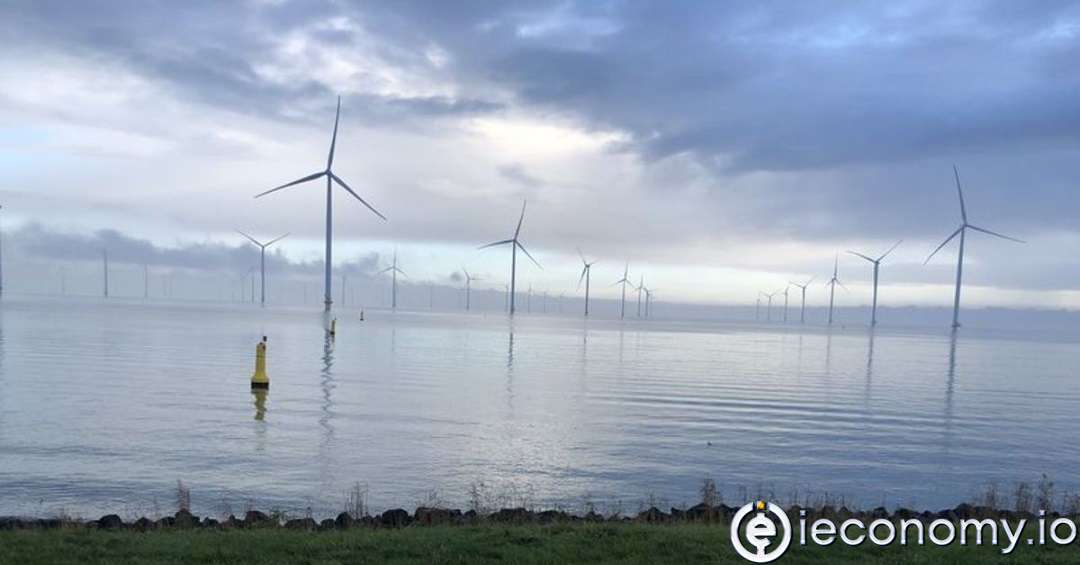Raw material price pressure on the green energy transition
A study published by the German Economic Research Institute (DIW) pointed out that the transition to green energy may trigger an increase...

Yayınlanma: 28 Ocak 2022 02:00
Güncellenme: 3 Mart 2026 07:58
On the horizon are high price increases for key raw materials such as cobalt, copper, lithium, and nickel. According to a study published by the German Economic Research Institute (DIW), the demand for these raw materials will increase rapidly in the coming years. Prices are expected to remain at that level for years, peaking around 2030.
Of course, this may become one of the obstacles that will complicate the transition to green energy. Because these raw materials are currently indispensable for the production of electric cars, solar panels, and wind turbines. Copper is required to build wind and solar power plants, and cobalt, lithium, and nickel are required for electric car batteries. According to the International Energy Agency (IEA), copper consumption is expected to double, nickel consumption is expected to triple, and cobalt consumption is expected to increase sixfold in the next 20 years.
Demand for lithium will increase 20 times
The largest demand increase is expected to be experienced in lithium. It is predicted that the demand for lithium in 2040 will be exactly 20 times higher than today. It seems difficult for supply to keep up with this level of demand. Because large investments are needed for the extraction of these metals. According to the scenario announced by the German Economic Research Institute, copper prices may be 70 percent higher and lithium prices 180 percent higher in 2030 compared to 2020.
The remedy is new Technologies
But the researchers also point out that unforeseen technological advances could reduce potential price increases and green energy transition costs. Alternative materials can be used to generate and store renewable energy, as is currently being observed in electric car production. For example, Tesla has been using cobalt-free lithium iron phosphate (LFP) batteries in some of its models for a while. The Chinese company CATL, on the other hand, relies on sodium-ion battery technology that does not require lithium, cobalt, or copper, and is building a battery factory in Erfurt, Germany, with an investment of approximately 2 billion euros.
Political decisions must be clear
Of course, besides technological developments, political decisions are also important. While emphasizing the importance of clear decisions in the energy transition, the researchers underline the need for a globally coordinated climate policy that provides producers with secure planning.




